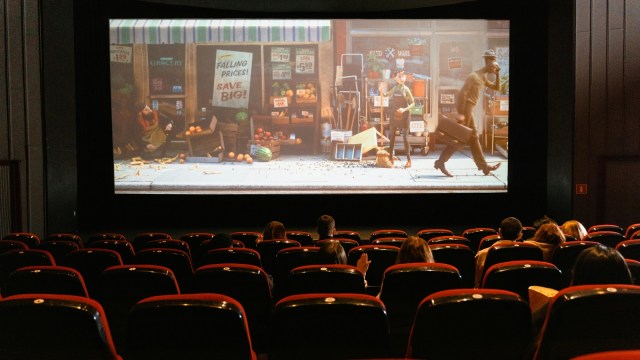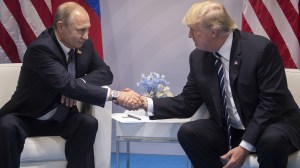Click here to follow Screen Digital on YouTube and stay updated with the latest from the world of cinema.
Justice Hema Committee report reveals Malayalam cinema controlled by ‘power group’ that can ban anyone: ‘A very famous actor called it mafia sangham’
The release of the Justice Hema Committee report has shed more light on the practice of banning people from working in cinema, which the panel described as unauthorised and illegal.
 Justice Hema Committee mentioned it has learnt that about 10-15 persons who are at the forefront of the Malayalam film industry constitute a power group and control industry. (Image: Tima Miroshnichenko/Pexels)
Justice Hema Committee mentioned it has learnt that about 10-15 persons who are at the forefront of the Malayalam film industry constitute a power group and control industry. (Image: Tima Miroshnichenko/Pexels)The Malayalam film industry and its major organisations, despite their claims of being established to support the welfare of their members and cinema personalities at large, have often been criticised for the practice of banning people from working in cinema. From legendary actors like Sukumaran and Thilakan to filmmaker Vinayan, many have faced unofficial bans imposed by film organisations, effectively denying them work opportunities.
The release of the Justice Hema Committee report on Monday shed more light on this practice, which the panel described as unauthorised and illegal. Interestingly, the report noted that more men than women raised this issue before the panel.
The panel mentioned it has learnt that about 10-15 persons who are at the forefront of the Malayalam film industry constitute a power group and control the industry. According to the report, certain actors, some of whom are also producers, distributors, exhibitors, or directors — all men — have gained enormous fame and wealth and now wield significant control over the industry. Several men testified before the panel, stating that many individuals, including famous actors, had been banned from cinema without authorisation and in violation of the law.
The report highlighted that bans have been imposed for reasons as trivial as unknowingly offending a member of this power group over minor issues. All it takes for someone to stop receiving work is to be disliked by a member of the group, at which point the other members will band together to ostracise the person. Shockingly, this group even has the influence to ban producers and directors, regardless of their efficiency.
Typically, these bans are not documented in writing. Instead, they are communicated verbally, according to a popular actor who testified before the committee. The witness pointed out that there is no government authority to which aggrieved individuals can turn to seek redress. Furthermore, because there is no documentation or proof of these illegal bans, victims are unable to pursue legal action.
In addition to the power group, the panel learned that certain associations and unions also collaborate to ban actors from working in cinema. These bans, however, are kept extremely confidential. A witness informed the committee that production controllers play a key role in enforcing such bans.
“The production controller also may tell the producer that he or she is a problem creator or that he or she will not come on time for the movie or that she is a ‘me-too’ person etc. If the production controller is approached by an influential persons asking him not to allow a particular person to work in a cinema, then also, he uses some tactics to keep the person away,” the report states. However, as there is no evidence to prove these actions, they can easily be dismissed as mere conspiracies. One actor stated before the panel that in a way, it is fortunate that the Women in Cinema Collective (WCC) was formed, as it has created an opportunity for an expert committee to examine the problems in the industry.
“The power group has no authority to ban any person from working in cinema. It is illegal. It is unconstitutional also,” the report emphasises. However, as actors have grown powerful due to their wealth and fame, they now have significant influence in deciding who will play the hero, heroine, or even direct the film.
A few women brought to the committee’s attention that this power group, by any means necessary, ensures that they lose opportunities in cinema. WCC members strongly believe they were banned from the industry because they spoke out about the undesirable practices occurring within it.
The panel’s report also recalled an instance when a “very famous actor” referred to this power group in Malayalam cinema as a “mafia sangham (mafia gang).” The actor, known for his outspoken nature, was ostracised from the industry despite being “one of the best actors in the industry” when the 10-15 persons united against him. When he attempted to make a living by working in TV serials, the power group extended their influence there as well, further hindering his career.
“On different occasions, famous actors, prominent office bearers of artist association (AMMA), FEFKA used their influence over various actors, technicians, producers, financers, not to work or associate with the said director In any of his project,” the report claims.


Photos





- 01
- 02
- 03
- 04
- 05


























